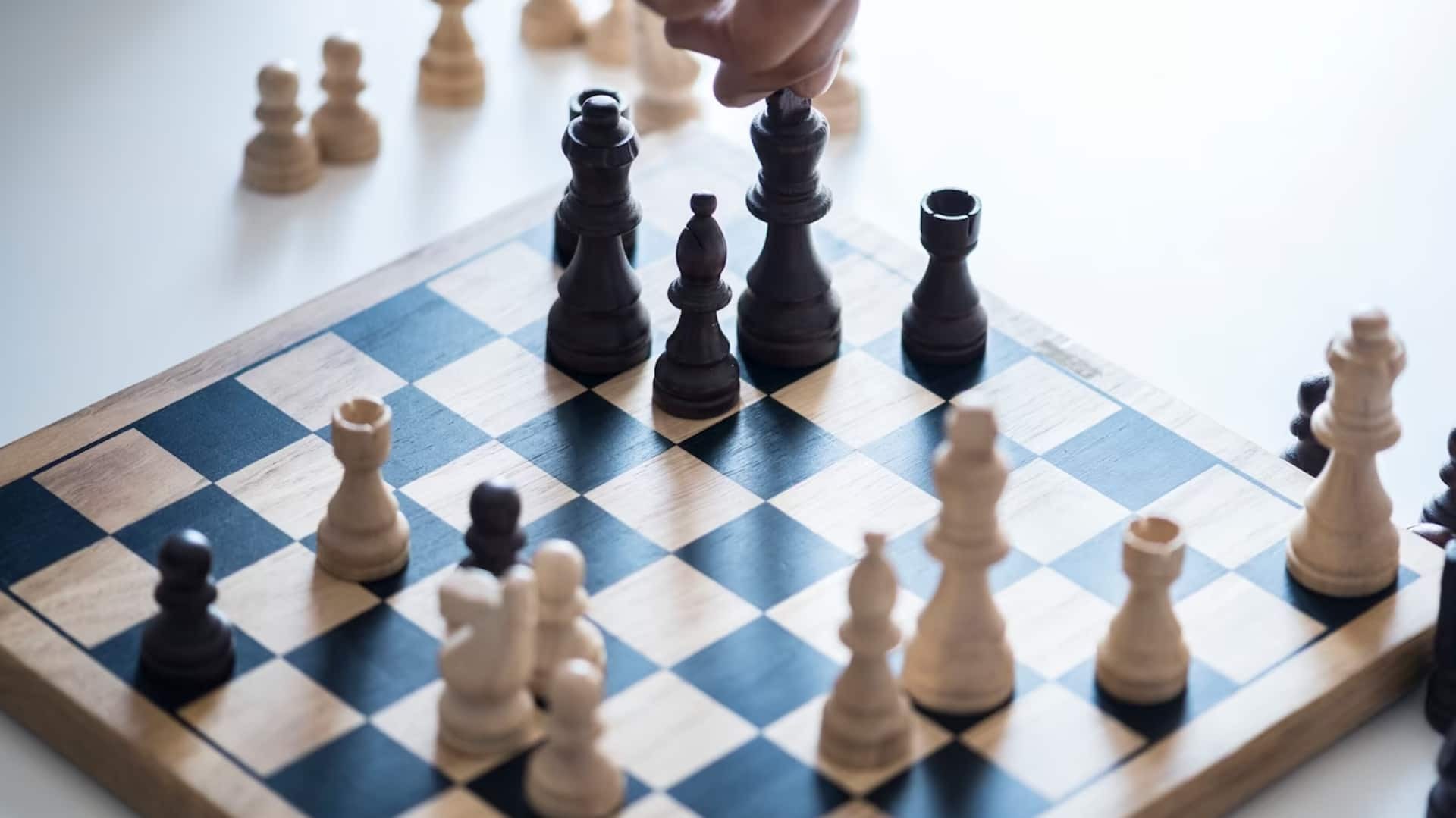
International Chess Day: How it transforms mind, body, and spirit
What's the story
International Chess Day is celebrated on July 20 each year.
It reminds us of the day the International Chess Federation (FIDE) was created in 1924.
The purpose of this day is to emphasize the importance of chess as a game.
Chess is considered a thinking man's game. It's a game where you need to use your wit and come up with smart strategies.
Consequences
Chess helps us realize that actions have consequences
Playing chess helps us learn that our actions have consequences, both good and bad.
When we think carefully and plan our moves, we are more likely to achieve positive results.
On the other hand, if we rush and make hasty decisions, we may face negative consequences.
Chess teaches us to think before we act and consider the possible effects of our choices.
Problem-solving
Helps develop a problem-solving mindset
Playing chess improves our ability to solve problems effectively and prepares us to handle the complexities of real-life situations.
When we play chess, we learn the importance of thinking ahead, taking our time to make decisions, and carefully considering the pros and cons of each choice.
These skills go beyond the chessboard and directly correlate to the challenges we encounter in our daily lives.
Pressure
Helps learn how to be calm under pressure
Playing chess teaches us the value of staying calm under pressure.
It requires us to be intensely focused while keeping our composure, allowing our brain to work at its best.
This skill extends beyond the chessboard and applies to real-life situations like deadlines, presentations, interviews, and tests.
Similar to a chess game, staying confident and calm helps us perform our best.
Memory
Helps improve memory
When we play chess, we need to remember and practice different moves and strategies over time.
This helps us sharpen our memory and become more efficient in various areas of our lives.
Studies have shown that playing chess can lower the risk of dementia and help combat symptoms of Alzheimer's.
Chess has also been found to reduce the chances of experiencing depression and anxiety.
Brain function
Exercises both sides of the brain
When we play chess, our brain is challenged to employ logical thinking, enhance pattern recognition abilities, make decisions based on visual and analytical cues, and put our memory to the test.
All these mental activities ensure that both the creative and logical aspects of our brain are exercised and strengthened.
The game can literally make you feel mentally young.